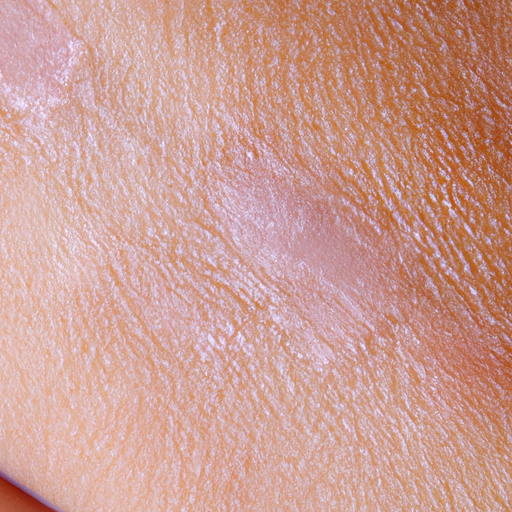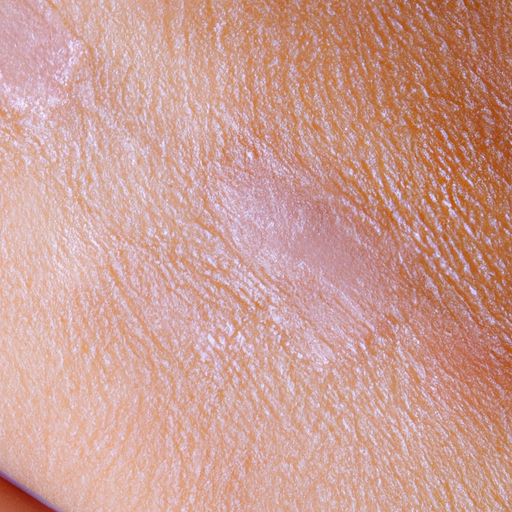As a dermatologist, I encounter a myriad of skin conditions daily, but one of the most common complaints is dry skin. Dry skin, or xerosis, is a condition that can affect anyone, regardless of age or gender. It’s often dismissed as a minor inconvenience, but if left untreated, it can lead to more serious skin conditions. Today, I want to unveil the mystery behind dry skin symptoms and their root causes.
Dry skin is characterized by a rough, scaly, or flaky texture, often accompanied by itching. In severe cases, the skin may develop cracks, which can be painful and may bleed. The areas most commonly affected are the hands, arms, and lower legs. However, it can occur anywhere on the body.
Several factors contribute to dry skin. The most common cause is environmental conditions. Cold weather and low humidity levels can strip the skin of its natural moisture, leading to dryness and flaking. Indoor heating during winter months can also exacerbate dry skin symptoms. Conversely, excessive sun exposure can also lead to dry skin as it dehydrates the skin and damages skin cells.
Age is another significant factor. As we age, our skin naturally becomes thinner and drier. This is due to a decrease in sebaceous gland activity, which results in less oil production to keep the skin moisturized. Additionally, the skin’s ability to retain water diminishes with age, making it more prone to dryness.
Certain medical conditions can also cause dry skin. Skin disorders like eczema and psoriasis are characterized by dry, itchy skin. Other systemic conditions like hypothyroidism and diabetes can also lead to dry skin due to changes in metabolism and circulation.
Furthermore, lifestyle habits play a role in the health of our skin. Poor diet lacking essential nutrients and vitamins can affect the skin’s ability to retain moisture. Dehydration also contributes to dry skin; without adequate water intake, the skin can become parched. Excessive use of harsh soaps and detergents can strip the skin of its natural oils, leading to dryness and irritation.
Understanding the root causes of dry skin is the first step towards effective treatment. It’s crucial to keep your skin moisturized by using a good quality moisturizer that suits your skin type. Avoiding harsh soaps and detergents and opting for gentle, fragrance-free alternatives can also help. Drinking plenty of water and maintaining a healthy diet rich in essential nutrients can improve your skin’s health from the inside out.
In some cases, over-the-counter treatments may not be sufficient, and medical treatment may be necessary. If you have persistent dry skin that doesn’t improve with self-care measures, it’s essential to consult a dermatologist. We can assess your skin condition and recommend appropriate treatments, which may include prescription creams or ointments.
In conclusion, dry skin is a common condition with various underlying causes. By understanding these causes, we can take proactive measures to prevent dry skin and maintain healthy, hydrated skin. Remember, your skin is a reflection of your overall health, so take care of it.




